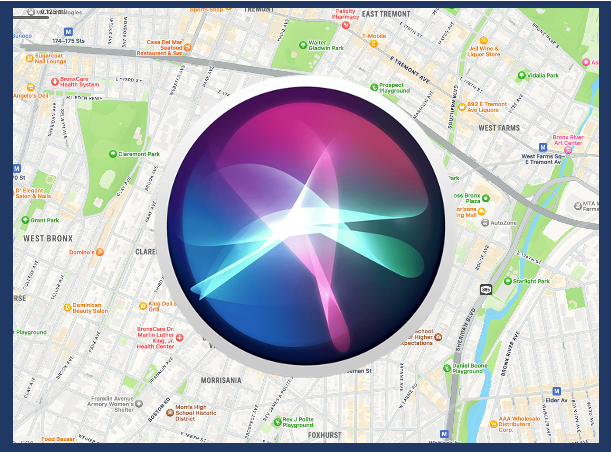Siri Finally Gets Local Search
When ChatGPT is added to Siri as part of iOS 18.2, we're likely to see a significant increase in Siri usage, a good portion of which will be local search.

Apple has largely downplayed Siri and Apple Intelligence with its rollout in iOS 18.1 and macOS 15.1, instead positioning them as foundational for significant AI enhancements later this year and in 2025. But if you have a compatible device* and dig a little deeper, you can see the outlines of much broader search and knowledge functionality – not the least of which is a much enhanced local search capability.
Siri's New Local Search
The best way to test out Siri's new local search functionality, is to use the new Type- to-Siri feature that enables Siri to accept text input. This is available from any compatible iPhone with a double-tap of the bar at the bottom of any screen. By making local search available on every screen, Apple is greatly reducing the need for conventional internet search. The Type-to-Siri feature not only eliminates the awkwardness of talking to your phone, it dramatically increases accuracy and eliminates any potential Siri misunderstanding.
Here is a short video with some examples of the results:
